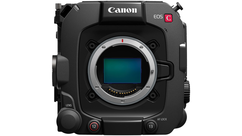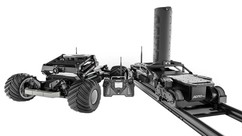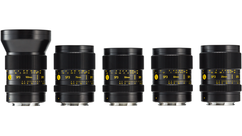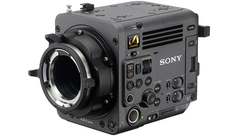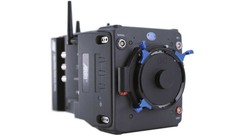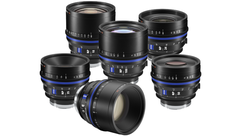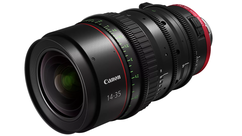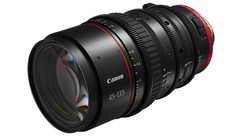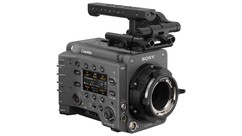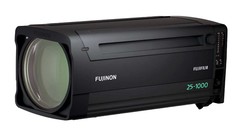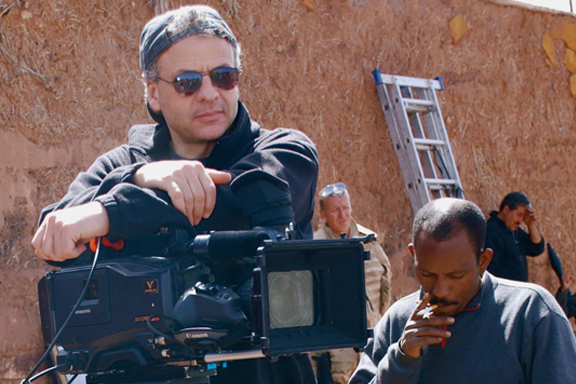
CIA Confidential
How long have you been working in Documentary and what originally drew you to the genre?
PS: I began working in the documentary field back in the early 80's. I was always taken by the power of films that challenged social and political norms. Films that explored people's lives and cultures. Films that helped bring about change. Documentaries took up that challenge and brought to light a world few had ever seen or experienced. The documentary genre also allowed me to work both as the producer and cinematographer. I was very influenced by the vérité-style of the Maysles brothers as well as the directors and cinematographers of the French New Wave Cinema.
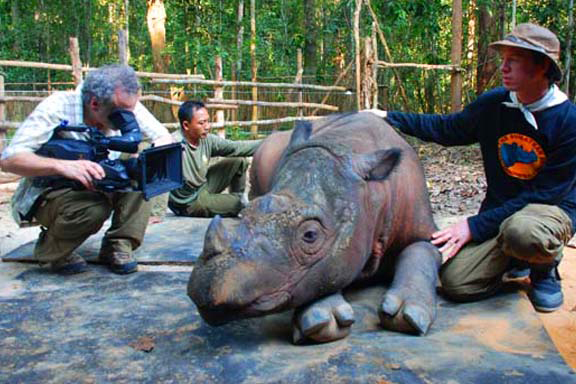
The Loneliest Animals
You founded Partisan Pictures after working as an independent & after a long stint at National Geographic -- what inspired the change?
PS: My time with National Geographic Television, as a producer and cinematographer for their weekly TV show EXPLORER, was an extraordinary journey. The world was our back yard and the stories we captured were truly daring and innovative. By the time I left Nat Geo, the budding young networks of the non-fiction cable world were offering up more and more opportunities for documentary filmmakers. And after six years of living in our nation's capital, it was time to get back to New York City!
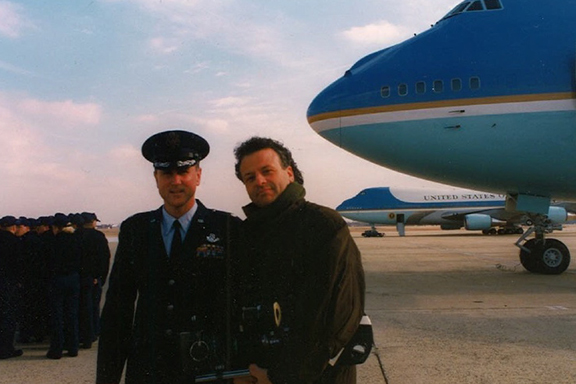
Air Force One
You've worked on films about topics as varied as college basketball, South African children living with AIDS, and Air Force One. What was the most challenging project you've worked on so far?
PS: Every project has its own unique challenge. The greatest challenge for me as a documentary filmmaker is to gain the trust of the subjects who have allowed me to enter into their world -- whether it is a very personal private world, or a world shielded by top government secrets.
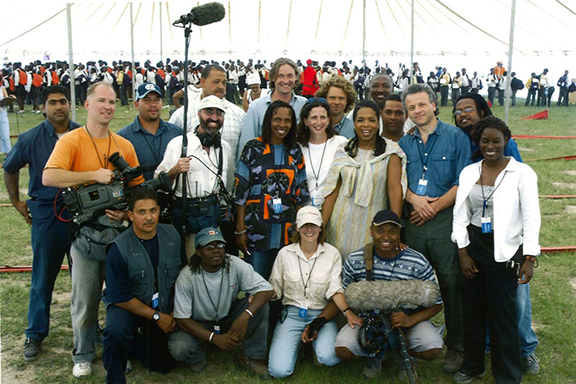
The Oprah Winfrey Show: Christmas Kindness
In your opinion, how have advances in technology affected the documentary genre?
PS: I will never forget the time I was filming a story on the occupation of a Coca-Cola plant in Guatemala City by its workers. Once we entered the walled-in factory there was no way to leave without being arrested by the military police, who had surrounded the plant. All I had with me was 12 rolls of 16mm film. Each shot, each scene, each interview were carefully measured uses of my very precious minutes of film time. Had I entered that plant today with an HD video camera the challenges of capturing the events unfolding within the plant would have been the same, but the ability to capture the high-end cinematic look would have been radically easier and perhaps in many ways, even more startling. The HD video world of beautiful, film-like images is now the norm. We can capture images at speeds never reached before. Plant our cameras in places never seen before. And bring to life stories in places never accessible before, all because of the innovative and portable designs of today's video cameras.
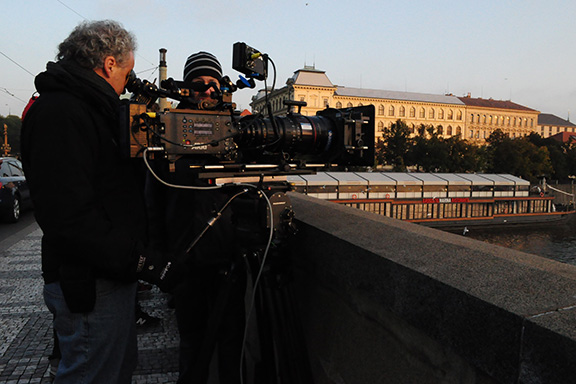
Defiant Requiem
With all the benefits of the technological advances in our industry, do you find that there are also some challenges that come along with it?
PS: As a cinematographer who grew up with a camera ergonomically wrapped around my shoulder, I have yet to find an HD camera that fits and feels the same as many of the hand-held 16mm cameras once did. The beauty of the images now being captured on the Arri or Canon or Sony high end cameras are not really designed for the kind of run 'n' gun verite, hand held scenes many documentary shows still demand. Hopefully that will change as cameras become smaller and lighter and manufacturers remember that shoulders actually were designed for balance and comfort.
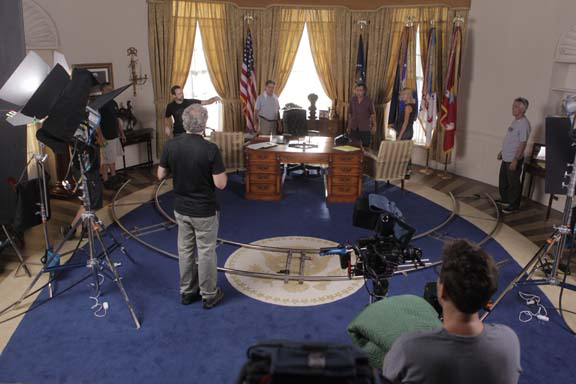
All the President's Men: Revisited
You and your team at Partisan Pictures recently picked up a Primetime Emmy Nomination for your work on All the President's Men Revisited. Tell us about working with Robert Redford on such an iconic topic?
PS: All the President's Men: Revisited is a look back at the events that unfolded during the Watergate scandal 40 years ago. Robert Redford was one of the Executive Producers on the 2-hour special as well as the narrator. The illegal activities of Watergate forever changed the way we now view politics, our Executive branch of Government and investigative journalism. The challenge for our show was to find a way to incorporate the incredible story behind these events, Redford's classic feature film All the President's Men and a look at journalism in today's ever changing informational age. Redford was very much involved with the editorial as well as the look and style of the show. Interviews with those directly involved with Watergate were interwoven with footage from Redford's film and a reconstructed set of Nixon's Oval Office was used as the backdrop for the playing of the Nixon's illegal taping of his White House conversations.
What drew you to participating in the AbelCine 2013 Documentary Grant?
PS: I have been working with Pete Abel ever since he first started taking apart my Aaton 16mm camera. AbelCine's work as a place for filmmakers to gather and discover new products and learn of new technologies is an important and integral part of this City's film and video community -- and in particular the documentary community. It is fitting that a Documentary Grant program would have its genesis at AbelCine's studio and it's really an honor for me to be asked to participate.
To see more of Peter's work, visit Partisan Pictures and for details on the 2013 AbelCine Documentary Grant, visit abelcine.com/r/abel-documentary-grant.

